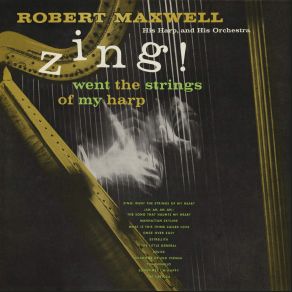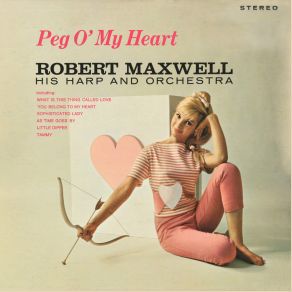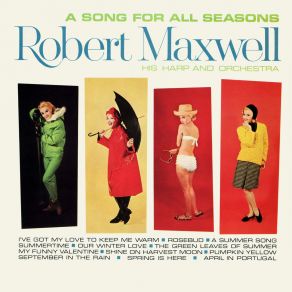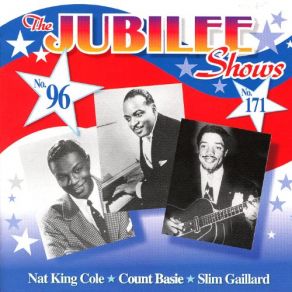Robert Maxwell
Wikimp3 information about the music of Robert Maxwell. On our website we have 18 albums and 10 collections of artist Robert Maxwell. You can find useful information and download songs of this artist.
Biography
[Edit]Harpist Robert Maxwell's popularity surpassed that of Harpo Marx (at least as a harpist), and for good reason. He made many a great pop record without getting swallowed up by his classical training and performances. He was born in New York City, the son of unmusical parents. Taking up the harp at age ten, he won a Lincoln High School scholarship to the Juilliard School of Music, where he studied under Giannini and Grandjany. After joining the National Symphony Orchestra at age 17 (their youngest member), he gave solo recitals in New York and Los Angeles. Also in symphonic stints, he performed under the batons of Arturo Toscanini and Serge Koussevitsky.
The Coast Guard led to Maxwell's first real break as a popular harpist, meaning a ham of a performer. His commanding officer, Rudy Vallée, arranged tours for Maxwell where he performed for servicemen. From this experience, he learned solo-performance presence and ways to make his instrument seem less dainty and cherub-bound. At this time, he entered a contest at radio station KFI in Los Angeles and was awarded second prize, even though he missed the finals.
Maxwell's list of radio show credits, film appearances (probably all MGM), and television performances is extensive, as are his engagements in hotels and theaters. He appeared on the television shows of Milton Berle, Bob Hope, and Morton Downey, as well as the Cavalcade of Stars. He was also the summer replacement for Frank Sinatra on CBS. With his harp rigged out in electric lights, he must have been impressive.
His music was distinguished by the clever use of novel effects, but rarely with overwhelming gimmickery or cheesiness. His use of overdubs (multi-tracking) was artful, and comic effects were plentiful. Indeed, although classical and many other musical forms were in his repertoire, it was Maxwell's feel for pop tunes that quite naturally made him popular.
When Maxwell arranged, he always tried something new. For really well-worn old chestnuts, he would pump up the beat, often with something sounding much like rock. He composed "Ebb Tide" and "Shangri-La," two major exotic standards. Maxwell himself recorded several versions of each throughout his career.
Title: A Song For All Seaons
Artist: The Orchestra, Robert Maxwell
Genre: Instrumental, Instrumental
Title: The Lamp Is Low
Artist: Robert Maxwell
Genre: Pop, Instrumental, Lounge, Classical, Instrumental
Collections
Title: 45 RPM - The Lost Record Collection
Genre: Pop
Title: Retro Children's Songs
Genre: Kids
Title: Folk Melodies from Around the World
Genre: Pop
Title: Vintage Jazz Lounge
Genre: New Age
Title: Kwanzaa
Genre:
Title: Mad Men, Vol. 1 (Music from the TV Series)
Genre: Theatre/Soundtrack
Title: Hard To Find Orchestral Instrumentals
Genre: Jazz
Title: Mad Men Vol. 1 (Original Soundtrack)
Genre: Theatre/Soundtrack
Title: Golden 60s Forever Hits (CD2)
Genre: Hip Hop/R&B, Rock & Roll, Country, Rockabilly, Pop
Title: Billboard Top 100 Hits Of 1964 (CD2)
Genre: Rock, Punk Rock, Pop, Instrumental, Instrumental
Featuring albums
Title: The Jubilee Shows No. 96 & No. 171
Artist: Count Basie, Slim Gaillard Nat King Cole
Genre: Jazz































